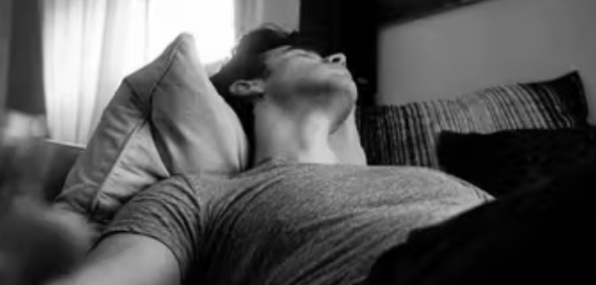Ever found yourself jerking awake as you try to fall asleep? This phenomenon, known as sleep jerking or hypnic jerks, is a common experience during the transition from wakefulness to sleep. While the exact cause remains not fully understood, several factors may contribute to these involuntary muscle contractions:
1. **Changes in Brain Activity:**
During the shift from wakefulness to sleep, the brain undergoes changes in neural activity. The theories suggest that these shifts may trigger sudden muscle contractions, leading to sleep jerks.
2. **Stress and Anxiety:**
Increased stress levels and anxiety can heighten the likelihood of experiencing sleep jerks. The body’s stress response may involve muscle contractions, impacting the initial stages of sleep.
3. **Sleep Deprivation:**
Lack of sufficient sleep or chronic fatigue can affect the body’s ability to transition smoothly between wakefulness and sleep, potentially resulting in sleep jerks.
4. **Caffeine and Stimulants:**
Consumption of stimulants, especially close to bedtime, can influence the occurrence of sleep jerks. Stimulants like caffeine can impact the nervous system, contributing to muscle twitches.
While sleep jerks are generally considered harmless, they may disrupt natural sleep cycles, affecting sleep quality for some individuals. Frequent or intense jerks could lead to daytime fatigue and irritability. To mitigate this, consider reducing stress, limiting stimulant intake, and adopting a healthier sleep routine.”





